Hundreds Set Sail in 'Reverse Flotilla' to Protest Israeli Naval Blockade
Common Dreams

'We want to say to everyone that enough is enough' - 200 people took part in the "reverse flotilla" which set off from Gaza City where a portion of the boats crossed the six-mile maritime boarder, which is enforced by Israeli Defense Forces, before returning to shore.

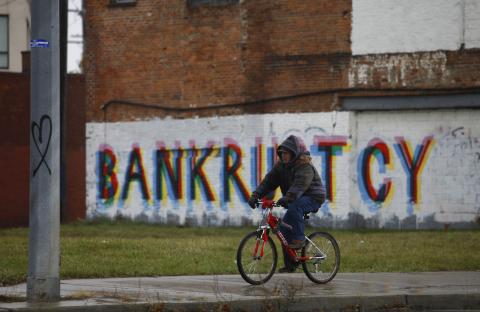
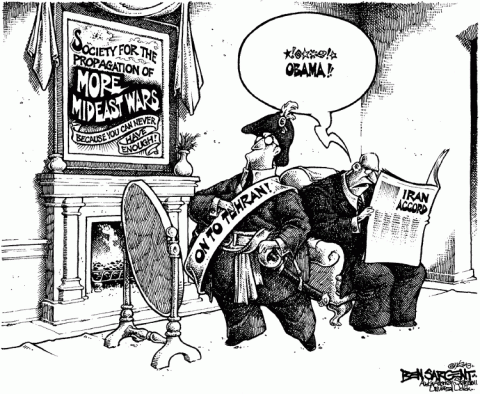
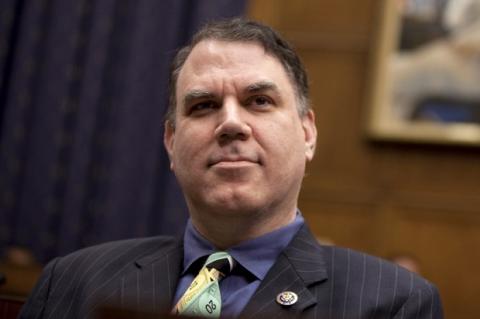
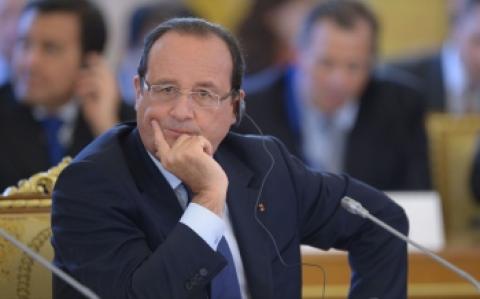
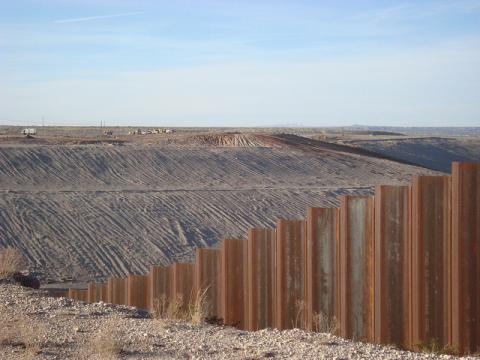

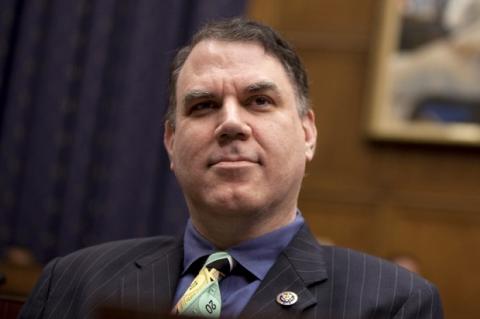
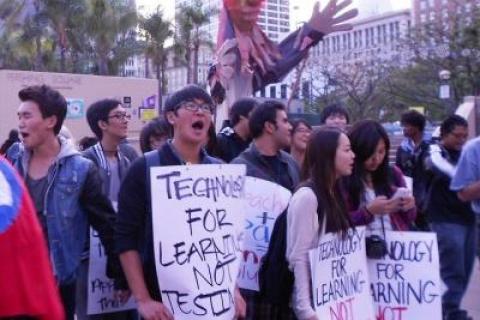
Spread the word